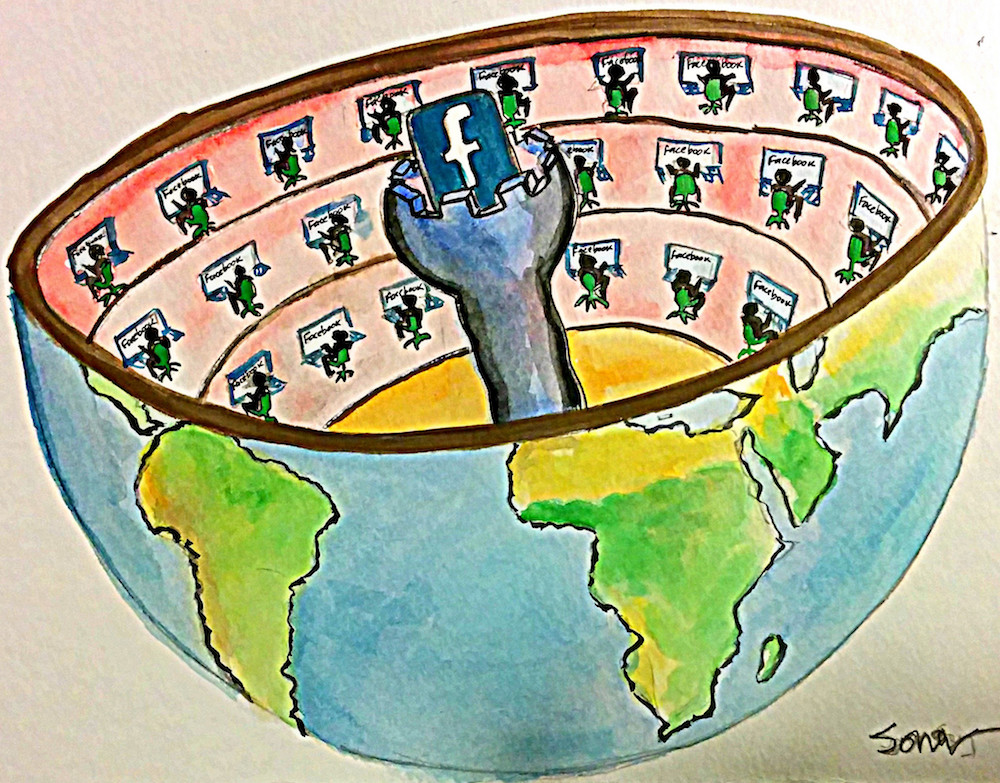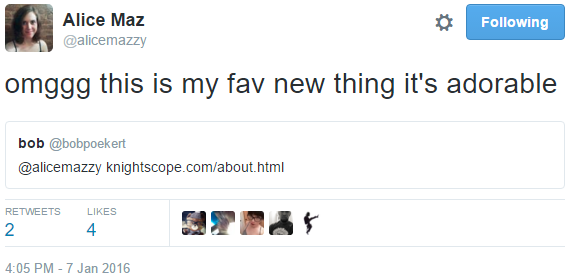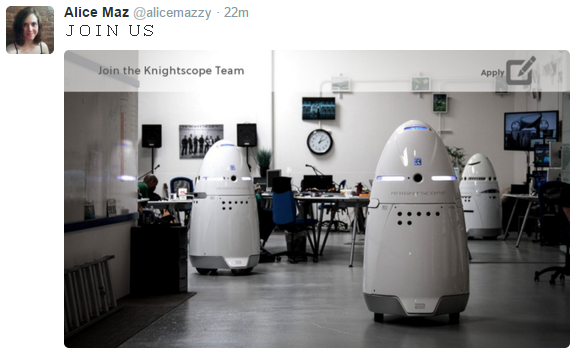Eric Lawrence works at Google, where he is “helping bring HTTPS everywhere on the web as a member of the Chrome Security team.” (I preserved his phrasing because I’m not 100% sure what that means concretely, but working on security at Google bestows some baseline credibility.) A couple of days ago Lawrence published a blog post about malicious actors using free certificates from Let’s Encrypt to make themselves look more legit. As he put it:
One unfortunate (albeit entirely predictable) consequence of making HTTPS certificates “fast, open, automated, and free” is that both good guys and bad guys alike will take advantage of the offer and obtain HTTPS certificates for their websites. […]
Another argument is that browsers overpromise the safety of sites by using terms like Secure in the UI — while the browser can know whether a given HTTPS connection is present and free of errors, it has no knowledge of the security of the destination site or CDN, nor its business practices. […] Security wording is a complicated topic because what the user really wants to know (“Is this safe?”) isn’t something a browser can ever really answer in the affirmative.
Lawrence goes into much more detail, of course. His post hit the front page on Hacker News, and the commentary is interesting. (As usual! Hacker News gets a worse rap than it deserves, IMO.)
I want to frame this exploitation of freely available certificates as a result of cacophony of the web. Anyone can publish, and anyone can access. Since internet users are able to choose anonymity, evading social or criminal consequences is easy. (See also: fake news, the wholly fabricated kind.) Even when there are opsec gaps, law enforcement doesn’t have anywhere near the resources to chase down everyone who’s targeting naive or careless users online.
Any trust signal that can be aped — especially if it can be aped cheaply — absolutely will be. Phishers and malware peddlers risk nothing. In fact, using https is not inherently deceptive (although it is surely intended to be). The problem is on the interpretation end. Web browsers and users have both layered extra meaning on top of the plain technical reality of https.
To his credit, Lawrence calls the problem unsolvable. It is, because the question here is: “Can you trust a stranger if they have a badge that says they’re trustworthy?” Not if the badge can be forged. Or, in the case of https, if the badge technically denotes a certain kind of trust, but most people read it as being a different kind of trust.
(I’m a little out of my depth here, but my understanding is that https doesn’t mean “this site is trustworthy”, it just means “this site is encrypted”. There are higher types of certificates that validate more, usually purchased by businesses or other institutions with financial resources.)
High-trust societies can mitigate this problem, of evaluating whether a stranger is going to screw you over, but there’s no way to upload those cultural norms. The internet is not structured for accountability. And people aren’t going to stop being gullible.
Anyway, Lawrence does have some suggestions for improving the current situation. Hopefully one or multiple of those will go forward.
Header photo by Joi Ito.







